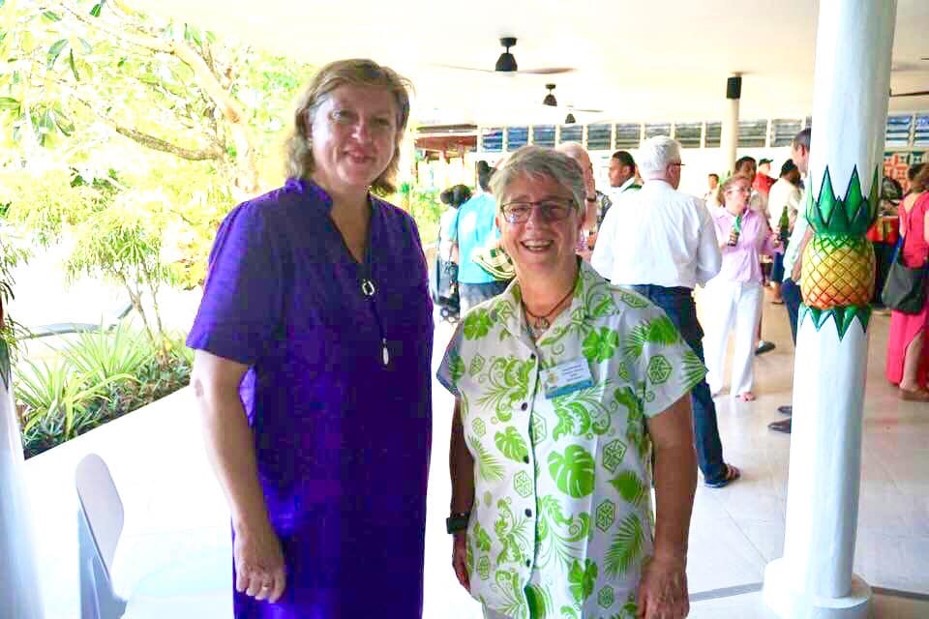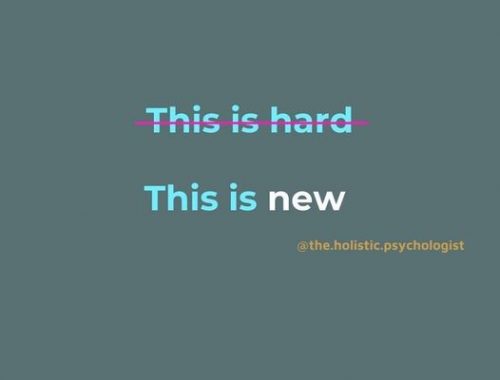Canberra Communications Professional series: Lisa Borthwick
Lisa is another member of the ex-PRIA club. I loved sitting next to Lisa in board meetings because she was never afraid to say what she thought, her experience in communications meant she was normally right. After PRIA, it was her frank honesty and advice made me stick with her, as Lisa, Victoria Taylor, Angela Mason and I continued to catch up over wine and hot chips. A tradition that we maintained until last month when we had our last “meeting”, as Lisa makes a big move to Pambula for a coastal change.
It is not often that you get to hear the top five tips from a communications professional with four decades of experience, which is why I asked Lisa to do this weeks profile.
What was your most recent role?
For the last eighteen months, I was the Director at the Australian Centre for International Agricultural Research (ACIAR) until October 2019.
What did you do before the ACIAR role?
Oh, where do I start… at the beginning. Briefly, I started my career in journalism, doing my cadetship at the Age Newspaper in Melbourne. From there, I had several roles in newspapers, including Editor.
I then crossed over to the ‘dark side’ in the late 1980s and joined the Victorian Public Service as a media liaison officer, working for several departments over the next 25 years. In 2011, I moved to Canberra and have worked in three roles: for Animal Health Australia (Communication and Engagement Manager); Civil Aviation Authority (Manager, Regulatory Communication) and finally at ACIAR.
What does a typical day look like for you?
Now I am retired from full-time employment, my normal day is very different from the past 41 years! I have a lot more flexibility in my life, although I still have structure and engagement through my dual role at my local dog club where I teach agility and train my dogs as well as represent agility on the management committee.
Can you tell us about one of your career highlights?
Only one! Last year ACIAR was invited to participate in an international conference on agroforestry in Montpellier, France.
As part of the conference, we were asked to provide speakers, mount an interactive information display and create a video on ACIAR’s agroforestry work across the Indo-Pacific region. After submitting our video, we were told that the international conference organising committee was so impressed with the production, that they wanted to open the conference with our video. I was lucky enough to be present at the opening ceremony. I felt quite proud of the team’s work in that moment. I appreciated the applause of an international audience for our animated video, which tied the work of ACIAR to global issues that everyone there could relate to. Having our work appreciated and recognised on a world stage was certainly a career highlight.
What is the biggest challenge you have faced in your career? How did you overcome it?
Again, another tough question! If I think about it at a higher level, the biggest challenge and most common one throughout my career has been to influence outcomes.
As communication and engagement professionals, we sometimes see things differently from our colleagues, hopefully with the benefit of data and evidence, but often with a solid gut feel honed over years of experience. Asking people from across the spectrum of the public service, (bureaucrats like policy developers, political advisers, senior executives and even Ministers) to adopt a particular action because it will provide the best communication or engagement outcome has often been challenging.
These experiences certainly taught me many skills about having a flexible communication style, being well-armed with facts and figures, knowing your subject very, very well and the value of the whiteboard!!!
What changes do you think will occur in communications over the next decade?
Woo…. Things change so fast, time-limited predictions are hard to make. To turn the question around, I think that technology will continue to drive change in both the consumption of information as well as the distribution.
Some values are worthy of maintaining and building whatever changes come our way. I think those values are integrity, accuracy, truth and respect for the audience. If communication professionals maintain these values into the future, no matter what the channel, it won’t matter how the message is delivered. The impact/benefit/value of the communication will remain intact.
Let’s not let technology interfere with doing a good job.
Who inspires you? Why?
Most recently, the person who inspires me is New Zealand Prime Minister Jacinda Ardern. I think if all the politicians I’ve worked with over the years had even half her ability, we’d be living in a different political environment than we do today. Currently, we are in one where people are wary and cynical about our leaders and have disengaged from the democratic process.
My take is that Jacinda is a natural empathic communicator and it shows. She has the knack of being able to relate to her constituents either in person or through a national address whilst at the same time projecting the gravitas required to be a prime minister. It’s a delicate balance that some people are naturally blessed with – like Jacinda. I believe it’s a skill that can be learned and practised, with help and advice from a team of communication professionals and a good speechwriter! Watch some of her COVID addresses and press conferences for more insights.
What is your favourite book or podcast?
I am an avid reader of books, and more recently, I’ve tuned into several podcasts as well because I like the spoken word almost as much as the written word.
I cannot name a favourite book (like I can’t name my favourite of my two dogs), but I can propose an author – Val McDermid. She is a former journalist, like me and she’s Scottish. While I am not Scottish, my family heritage is, and I can trace the clan history back to the 1400s. We have our own castle on the outskirts of Edinburgh, which is one of my favourite cities in the world! Her crime fiction has seen me through some very tough times, transporting me out of my own head and into a world of gruesome murder, psychological profiling and British “coppering” (policing). Her characters are realistic, beautifully flawed and the narratives she writes for them resonate with authenticity.
I listen to a lot of ABC Radio National programs as podcasts – Off Track with Ann Jones is probably my favourite as it combines good storytelling with interesting environmental issues. And she does it on location, often in the bush, providing me with another chance to vicariously escape to somewhere more exotic!
Who has been the most influential person in your career? Why?
Another tough question! Those who have inspired me the most and influenced me are those managers and leaders who I’ve worked with who have been generous of spirit and shared their knowledge and insights into the profession so that I could continue to learn and grow.
Those who I am most indebted to are those individuals I worked with who were helpful as well as respectful – who treated me professionally but as an equal, trusting my abilities, letting me make mistakes and helping me understand why things went wrong (as they inevitably do) as well as celebrating the successes with me and giving credit where it’s due.
If you could share one tip with other communications professionals, what would it be?
The tips I have are few but important – my top five:
1) Know your subject thoroughly. Don’t fudge, guess or extrapolate. Thorough knowledge and understanding will stand you in good stead no matter the circumstances or who you are dealing with.
2) Have hard data wherever possible. Communication and engagement are not magic, we practice a social science, so treat it as such. Use research, facts and figures, examples and evaluation results wherever possible to inform your work.
3) Evaluate your work. There’s a lot you can learn from knowing how successful your communication/campaign/engagement has been. It allows you to adjust whatever could be improved – which with existing technology, can often be immediately implemented – you don’t have to wait for a reprint. So, there’s no excuse not to improve your materials as you learn more from your constant monitoring and evaluation.
4) Know your audience. No audience is created equal, and there is no such thing as the “general public”. Everyone has a perspective or investment in a subject. Take the time to analyse or research your audience. Make your communication as meaningful, clear and concise as possible. Don’t talk down to them – treat them with understanding and respect.
5) The best formula I learned in journalism and practised and applied throughout many aspects of my career (research, audience analysis, writing all sorts of documents, strategic planning, public speaking etc): who, what, when, where, how, why. ALWAYS include and consider these elements, understand them in detail, use them, explore and test them with yourself and others, and you’ll hit your target every time!

A bit more about Lisa.
Lisa (right) with the Australian High Commissioner to Samoa, Ms Sara Moriarty at an official function for ACIAR during Pacific week of Agriculture, September 2019 Apia, Samoa.
Lisa is a lifetime communication expert who delivers strategic thinking, planning and analysis, matched with efficient implementation, project and event management skills.
She is also an experienced professional writer, editor and former journalist, who can write for a wide variety of audiences using multiple platforms, tools and channels.
She has a strong background in the agricultural sector having worked in international agricultural research and development programs across the Indo-Pacific region for the Australian Government and in livestock and scientific research and development. For three years, she held a senior communication and engagement management role in the not-for-profit sector for a national member-funded company which supports Australia’s livestock industries. She has also worked in environment, health, sport and recreation and policy and community development in Victoria’s public sector.
In 2014, she was awarded the PRIA ACT State Award for Excellence in the PRIA Golden Target Awards for her work at a national event to promote awareness and understanding of on-farm biosecurity practices.
Learn more about Lisa at her LinkedIn profile.


